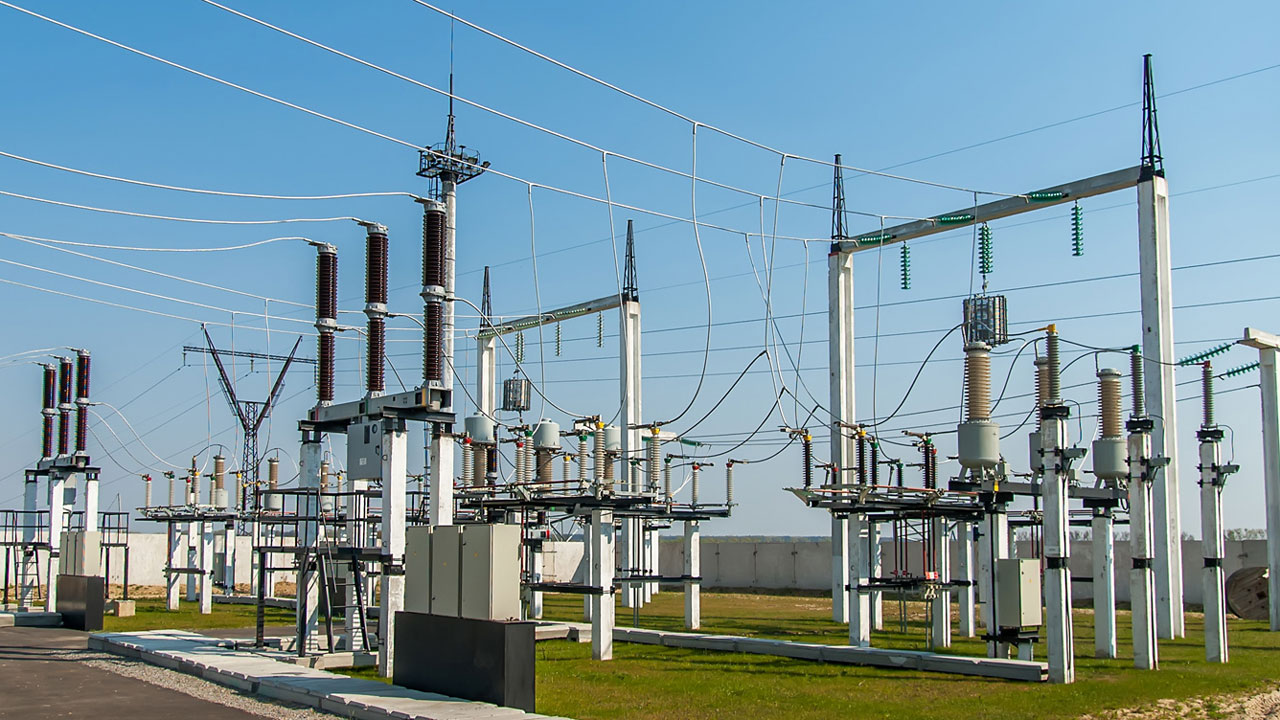Nigeria is set to begin selling electricity to Burkina Faso, a neighbouring West African country, despite poor electricity supply in the country. Lamu
Nigeria is set to begin selling electricity to Burkina Faso, a neighbouring West African country, despite poor electricity supply in the country. Lamu Audu, managing director of Mainstream Energy Solutions Limited, operators of Kainji and Jebba hydro power plants, disclosed this on Thursday at the annual power and utilities round table organised by PricewaterhouseCoopers (PwC) in Lagos.
Audu maintained that the company had to take that measure in order to properly utilize the energy being rejected by electricity distribution companies (DisCos). He said the neighbouring country is ready to pay for the whole electricity invoice sent to them at a higher price. Audu stated that only 600 to 650 megawatts is received by the DisCos out of the 922 megawatts generated on the network, which affects the company’s capacity.
“We are left with no option than to sell the balance to other African countries that are willing to pay. In fact, they are willing to take up the whole electricity invoice at a higher price than what Nigerians are willing to pay.”
“We are talking to Burkina Faso on this. We are aware that some Nigerian power firms sell electricity to Togo, Benin Republic, among others; we are not the first to do this. As we speak today, we generate 20 to 25 per cent of the energy going onto the grid. We have ramped up our capacity at Kainji from zero to 440MW. At Jebba, what we concentrated on is the reliability of the existing units. We utilised the capacity of our staff to be able to recover some of the units. Currently, we have a capacity of 922MW but, on the average, it is only 600MW to 650MW that is utilised. So, we have stranded energy, which is seriously impacting on our ability to attract more funding for capacity recovery and capacity expansion.
“I am complaining that I have energy that cannot be utilised. And some of us are actually looking beyond the borders of Nigeria to sell our power if the Nigerian market cannot take it because we have to remain in business; we have responsibilities to our shareholders.”
